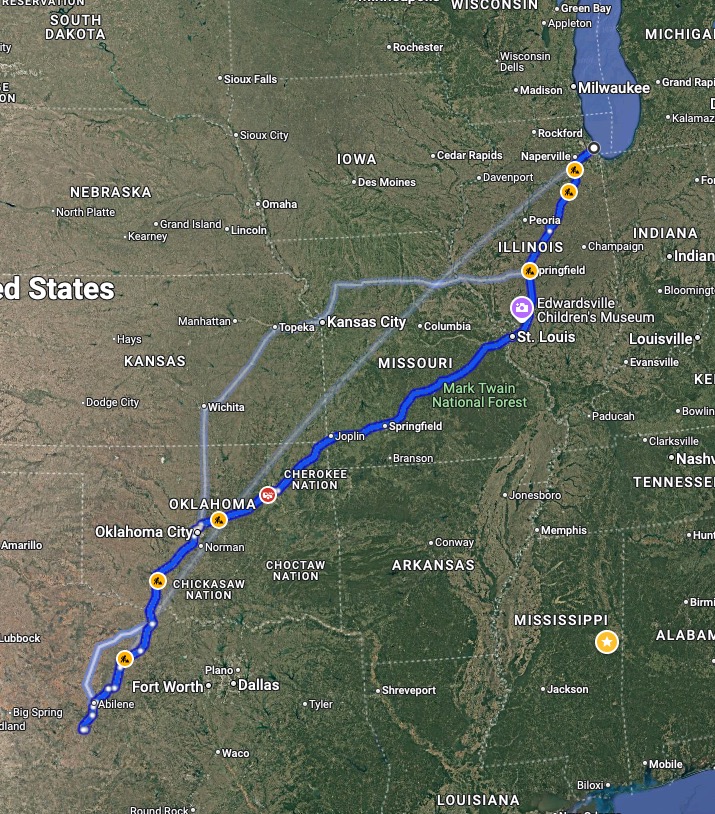To borrow or not to borrow? To save or not to save? Play it safe or take risks when deciding what kind of job to get? These are knotty problems in thinking about personal financial management, but they are also areas where you have some control over your life. And like most other financial questions, there are many answers, depending on who is asking.
Times are hard, but there is hope
Each of these questions deserves a whole blog post, which will come in the following weeks. But first I want to acknowledge something: Financial life is much harder in the United States for millennials than it has been for immediately preceding generations, especially baby boomers. I am an expert on this because (true confession), I am a boomer. I graduated from college with debt—$525. Even adjusted for inflation, that only amounts to $4,000 in today’s money. By contrast, the average debt today for college grads is over $37,000, which translates to monthly payments of almost $400/month. For those who have not attended college, the debt may be lower, but so are the job prospects. And for those who aim at a professional career that requires a post-graduate degree, that $37,000 debt will pale next to the grad school loans.
I hear you saying, “OK boomer, this is grossly unfair,” and you are right! Furthermore, it is a situation you have very little control over, other than thinking long and hard about whether education debt you might incur is worth it. But for many of you, that is water under the bridge. You already have a degree and the accompanying debt.
Take advantage of the things in your control
What I want to stress here is that, despite current challenges, you should identify aspects of your financial life you do have control over, and make wise decisions in those areas. Successfully wrestling debt to the mat can give you a lot of confidence in other areas of your financial life. Making a savings plan work, even with infinitesimally small amounts, can engender optimism. Facing the intimidating dilemma of risk and reward in your working life can give you a lot of courage. All this adds up to something worth more than money, namely grit. With a little grit in the bank, so to speak, you will be amazed how many problems can be handled that at first seemed daunting.

One way to think of personal financial management is that it is a set of exercises that build grit and resilience. This is one key to success in managing money. There are endless tricks to employ to keep your financial house in order, but you have to be motivated to use those tricks. As I mentioned in the previous blog, having a big picture view of your goals helps with that motivation. The second big motivator is that you can become a much stronger person by learning to get good at personal financial management. In the end, when you look back at your life, you will not be most satisfied with the easy things, but with the hard things; not with how much money you have amassed, but with the challenges you undertook; not with things that were given to you, but with the things you did that were not easy to accomplish. Even your failures will command self-respect, because you tried your best.
One Step at a time
So, on to a more detailed look at questions of debt, savings and income. If you are a renter, the kind of place you live in and the amount you pay monthly are both intimately tied up with these three big questions of personal financial management. In fact, your whole financial life might best be thought of as a tangled web, where everything is connected to, and therefore influences, everything else. You will probably never untangle the whole web, but we can start by considering some strands in this web one at time.
If you are ready to start looking for your dream rental, start with Dwellsy.
Looking for more money management tips? Check out our other blog posts here.








